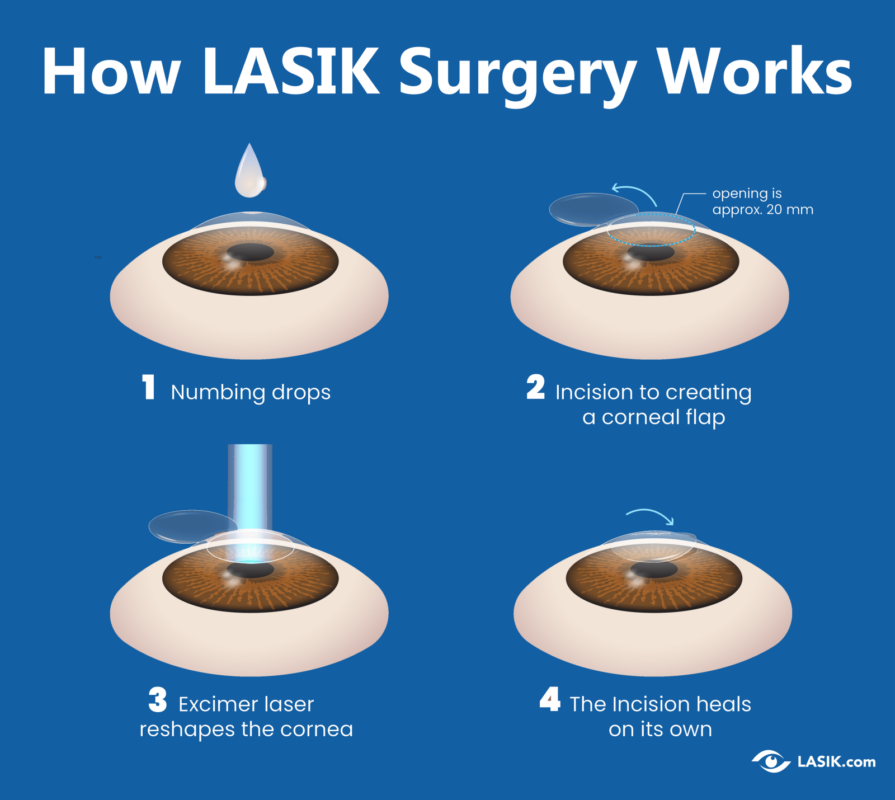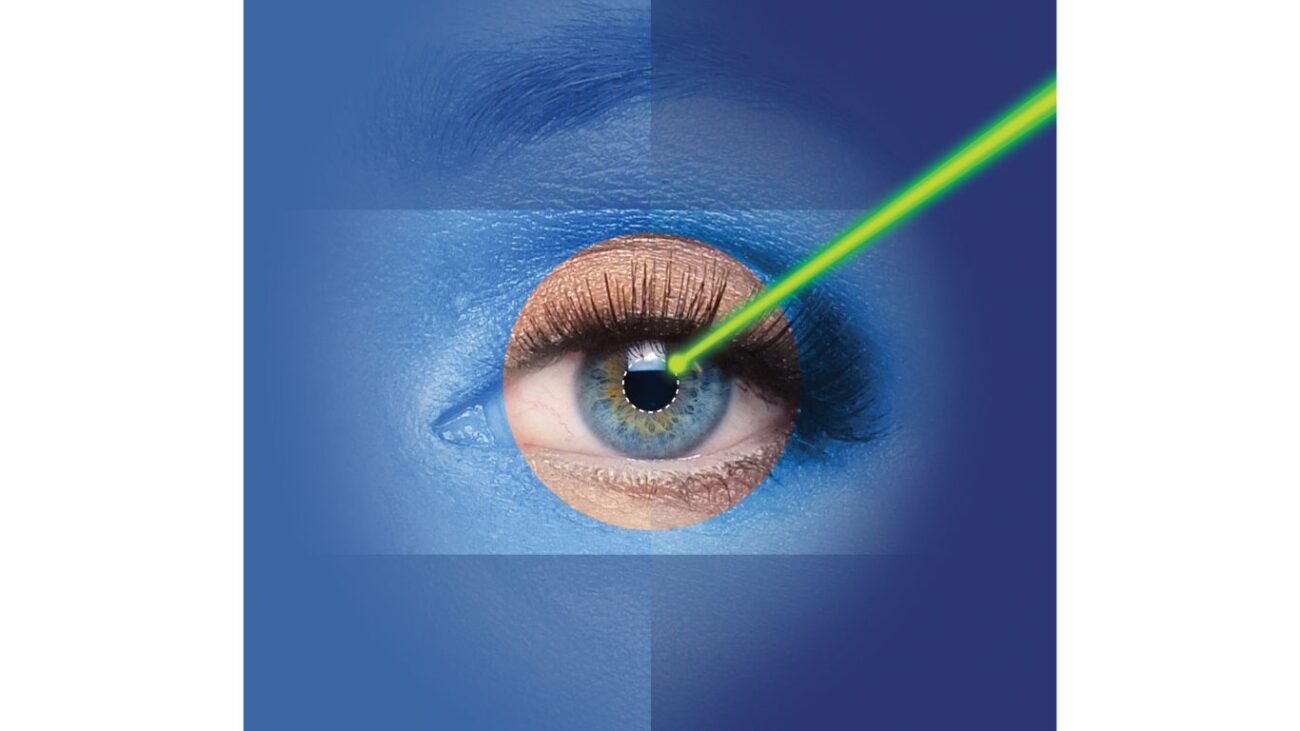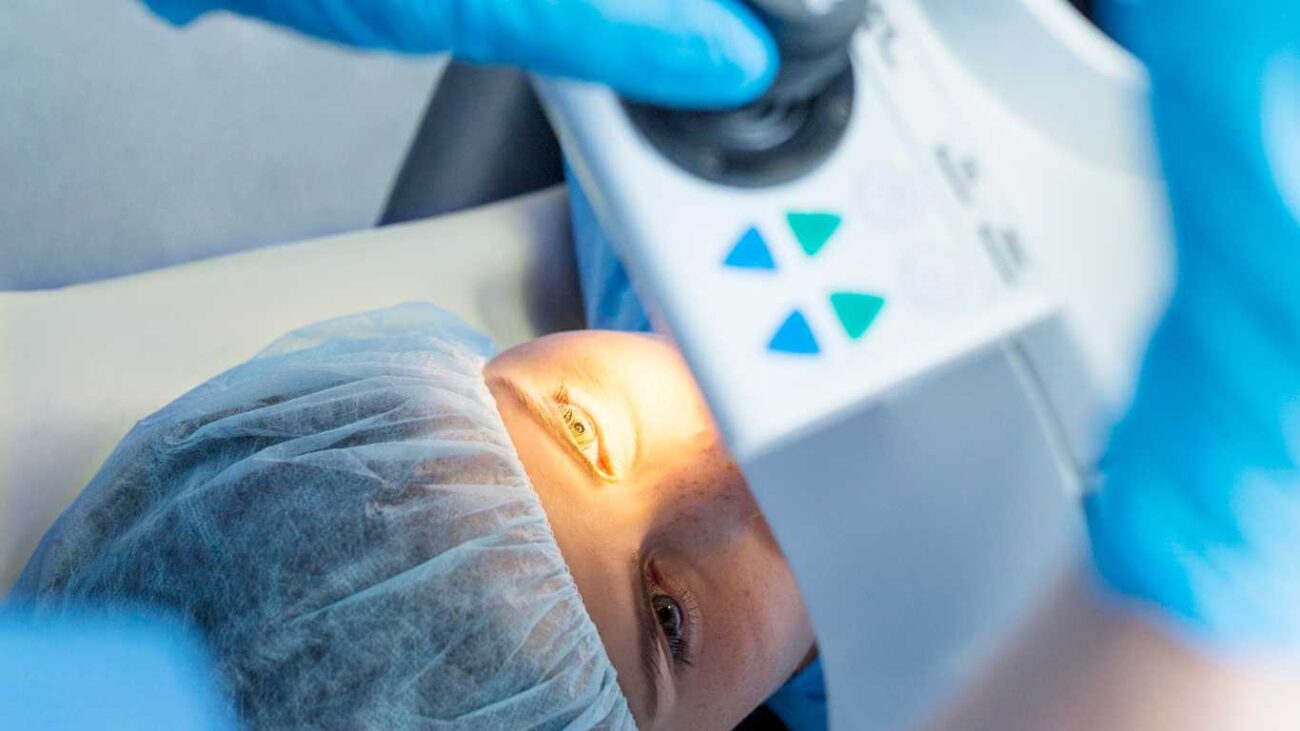Laser Eye Surgery: How Does It Work?
Introduction
Imagine waking up and seeing your alarm clock clearly—no glasses, no contacts. laser eye surgery how does it work That’s the dream laser eye surgery promises, and for millions, it’s become a reality. But what exactly is laser eye surgery, and how does it work its magic on your vision? Let’s break it down in simple terms.

Understanding the Basics
How Does Vision Work?
Your eyes work like a camera. Light enters through the cornea and lens, focusing on the retina at the back of your eye. The retina converts this light into signals your brain reads as images.
What Causes Refractive Errors?
If your cornea or lens isn’t shaped just right, light doesn’t hit the retina properly. This causes blurry vision. The medical term for these focusing issues? Refractive errors.
Types of Refractive Errors
Myopia (Nearsightedness)
You can see things up close clearly, but distant objects appear blurry.
Hyperopia (Farsightedness)
Distant vision is usually better, but nearby objects are a struggle.
Astigmatism
Your cornea is shaped more like a football than a basketball, distorting vision at all distances.
Presbyopia
As you age, your lens becomes less flexible, making it hard to focus on close-up objects.
Different Type
s of Laser Eye Surgeries
LASIK (Laser-Assisted In Situ Keratomileusis)
Procedure Overview
LASIK is the most common type of laser surgery. A flap is made in the cornea, the underlying tissue is reshaped with a laser, and the flap is laid back down.
Recovery and Results
Most people notice dramatic improvements in vision within 24–48 hours, and full recovery takes a few weeks.
PRK (Photorefractive Keratectomy)
This is an older method where the outer layer of the cornea is removed and reshaped. It’s ideal for people with thinner corneas.
SMILE (Small Incision Lenticule Extraction)
A newer, flapless technique that uses a laser to remove a tiny piece of tissue to reshape the eye. It’s minimally invasive and offers faster healing.
LASEK (Laser Epithelial Keratomileusis)
Similar to PRK but with a thinner epithelial layer removal. It’s an alternative for those not suitable for LASIK.
How Laser Eye Surgery
y Works – Step-by-Step
Pre-operative Assessment
A comprehensive eye exam maps your cornea and evaluates your prescription, eye health, and pupil size.
The Day of Surgery
You’ll be awake, but numbing drops are used. It’s quick—usually under 15 minutes for both eyes.
The Laser Reshaping Process
Using precision lasers, the surgeon reshapes your cornea so that light can focus properly on your retina. Think of it like sculpting your eye with light.
Post-Operative Care
You may feel mild discomfort for a day or two. Follow-up visits ensure your eyes are healing correctly.
Pros and Cons of Laser Eye Surgery
Benefits
- Quick recovery
- Permanent vision correction (in most cases)
- High success rate
- Reduces or eliminates need for glasses or contacts
Risks and Limitations
- Dry eyes
- Halos or glare at night
- Under or over-correction
- Not suitable for everyone
Who Is an Ideal Candidate?
Age & Prescription Stability
You’re typically a good candidate if you’re 18+, with a stable prescription for at least a year.
Eye Health & Corneal Thickness
Healthy eyes and thick enough corneas are essential. Certain conditions like glaucoma or severe dry eye may disqualify you.
Technological Advancements
Wavefront-Guided LASIK
Customizes the laser based on the unique imperfections in your eyes—like fingerprint-level accuracy.
Femtosecond Laser
Creates the corneal flap without a blade, improving precision and safety.
What to Expect During Recovery
Immediate Aftercare
Rest your eyes, avoid screens and bright light, and use prescribed eye drops.
Long-Term Recovery
Avoid swimming, dusty environments, and eye makeup for a few weeks. Vision continues to stabilize over 1–3 months.
Common Myths Debunked
Does LASIK Wear Off?
Not really. While your eyes may naturally change with age, the correction is usually permanent.
Is It Painful?
Most people feel pressure but no pain during surgery. Some mild discomfort after is normal.
Cost of Laser Eye Surgery
Factors Influencing the Cost
- Type of laser used
- Surgeon’s experience
- Location of the clinic
- Aftercare packages
Insurance and Financing Options
It’s usually not covered by insurance, but many clinics offer EMI options and discounts.
Real Patient Experiences
Before and After Results
Most patients go from blurry vision to 20/20 or better—sometimes even the same day!
Testimonials
“I was nervous, but it was over before I knew it. I wish I had done it years ago!”
“The freedom from glasses is priceless.”
Final Thoughts
Laser eye surgery is nothing short of revolutionary. It’s quick, effective, and life-changing for many. But it’s not a one-size-fits-all solution. If you’re considering it, consult a qualified eye surgeon to explore your options. With the right care, you could be seeing life more clearly than ever before.
Author Details:
Dr. Sushruth Appajigowda holds a prominent position as a Cornea, Cataract, Glaucoma, and LASIK Surgeon in Bangalore. He serves as the chief Cataract and Refractive surgeon at Vijaya Nethralaya Eye Hospital, Nagarbhavi Bangalore. Renowned as one of the finest LASIK surgeons nationwide, he brings with him over 12+ years of experience across multiple LASIK platforms, including ZEISS, ALCON, SCHWIND, AMO, and Bausch and Lomb. Having successfully conducted over 5000 LASIK procedures, Dr. Sushruth holds the title of a Certified Refractive Surgeon and a Fellow of the All India Collegium Of Ophthalmology. Furthermore, he stands as a distinguished speaker at various National and International Forums, using his expertise to guide you in selecting the most suitable procedure based on your health requirements.

http://vijayanethralaya.com/link-in-bio/
FAQs
Is laser eye surgery permanent?
Yes, in most cases. But natural aging of the eye, like presbyopia, may still occur.
Can both eyes be done at once?
Yes, both eyes are usually treated in the same session.
Will I still need glasses after surgery?
Many don’t, but some may need reading glasses later in life due to age-related changes.
How soon can I return to work?
Many return within 1–3 days, depending on the procedure and job type.
Can it be repeated if vision changes again?
Yes, enhancement procedures are possible if needed.




